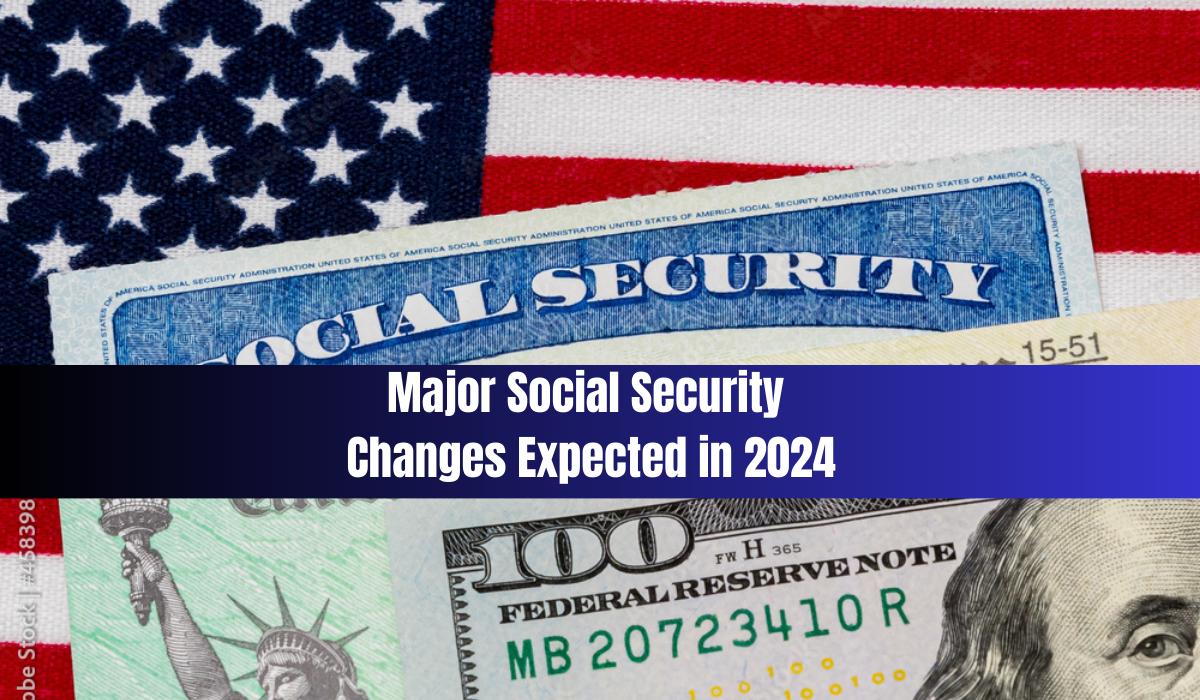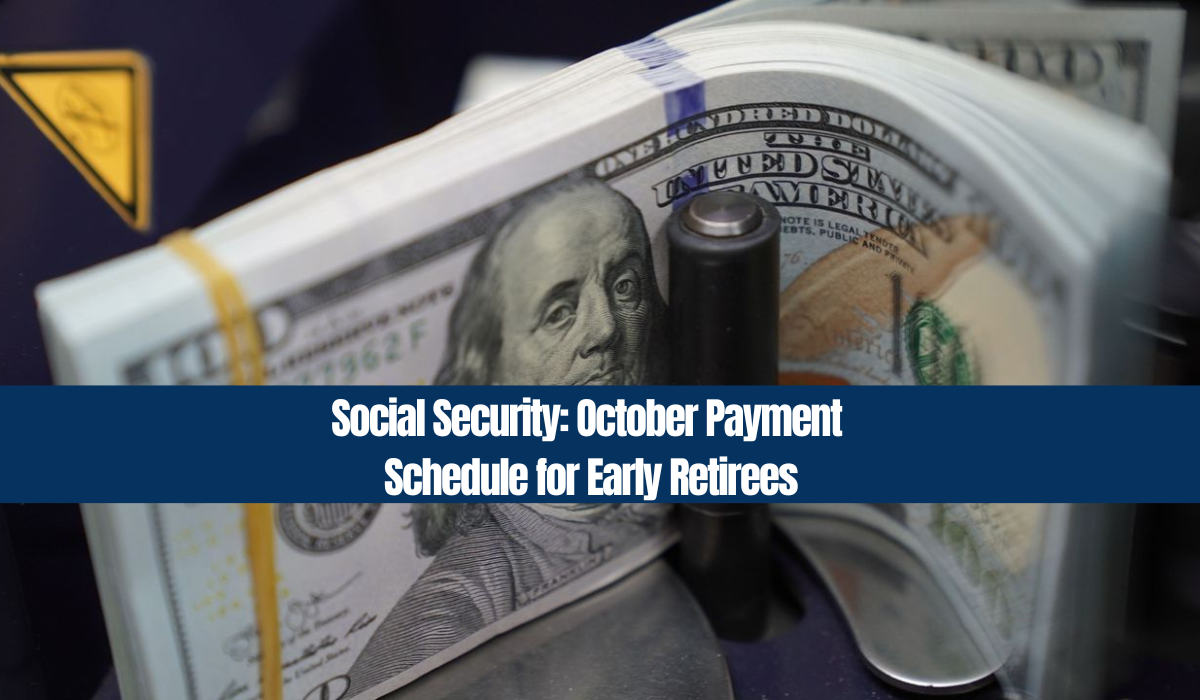Retirees in Certain States Face the Risk of Losing Social Security Payments. In some states, retirees may face the alarming prospect of losing a substantial portion of their monthly Social Security checks.
Retirees in Certain States Face the Risk of Losing Social Security Payments
The United States has well-established rules governing the Social Security payment system, making it possible for beneficiaries to predict the exact date and amount of their monthly disbursements. However, discrepancies in state tax policies can put some retirees’ Social Security benefits in jeopardy.
[irp]This article delves into the specific states that levy taxes on Social Security beneficiaries and the related tax regulations that retirees should be aware of to safeguard their financial planning.
States Imposing Taxes on Social Security Benefits
There are 12 states across the United States that impose state taxes on Social Security beneficiaries. These taxes are separate from federal taxes and can significantly impact retirees’ financial well-being. To help you navigate this issue, we’ve compiled a list of these states and provided insights into the tax specifics you should consider for effective financial planning with your Social Security income.
Colorado
- Retirees aged 65 or younger earning over $20,000 in taxable benefits are subject to state taxes.
- Only the income exceeding $20,000 is taxable; amounts below this threshold are exempt from taxation.
Connecticut
- Individual Tax Return beneficiaries with an annual income of $75,000 or higher are required to pay approximately 6% in state taxes.
- The exact tax percentage depends on the total income amount.
Kansas
- Beneficiaries earning more than $75,000 annually must allocate 5.7% of their Social Security payments to state taxes.
Minnesota
- In Minnesota, the tax rate on Social Security benefits varies from 6.8% to 9.85%, depending on whether the beneficiary’s monthly income exceeds a specific threshold.
Missouri
- Single beneficiaries exceeding $85,000 or joint beneficiaries with an annual income over $100,000 are subject to a 5.4% tax on a portion of their Social Security benefits.
Montana
- Montana imposes a tax on beneficiaries earning more than $25,000. They must pay 6.75% of 85% of their Social Security benefits.
Nebraska
- All Social Security income is subject to taxation in Nebraska, with rates typically around 4%, but they can go as high as 6.84%, depending on the total annual income.
New Mexico
- Beneficiaries with benefits exceeding $100,000 will encounter state taxes ranging from 4.9% to 5.9%.
Rhode Island
- In Rhode Island, beneficiaries surpassing the $95,800 income threshold will face state taxes varying from 4.75% to 5.99%.\
Utah
- Utah imposes a 4.65% tax on annual Social Security payments exceeding $45,000.
Vermont
- Residents of Vermont with an annual income above $50,000 are liable for state taxes, with rates ranging from a minimum of 3.35% to a maximum of 8.7%.
West Virginia
- Beneficiaries with an annual benefit exceeding $50,000 in West Virginia will incur state taxes at a rate of 5.13%.
While this information provides a broad overview of the states imposing taxes on Social Security benefits, it’s advisable to consult with a tax specialist or financial advisor if you have concerns or uncertainties about your tax liability. This guidance can ensure that you accurately file your Tax Return and meet all the necessary obligations related to your Social Security income.






